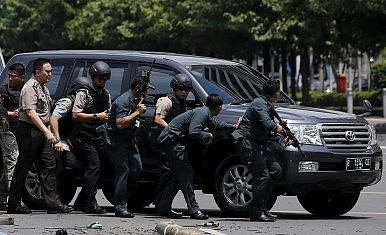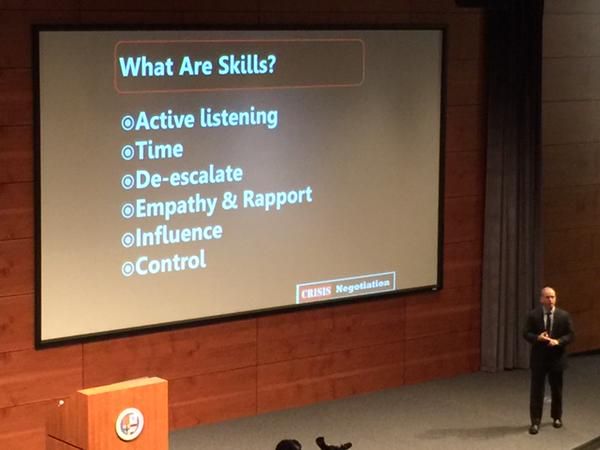Here's another great academic paper from Paul J. Taylor. This time he teamed with William Donohue (another great researcher/academic) to write Testing the Role Effect in Terrorist Negotiations (International Negotiation, 8, 527-547). .
Some important snippets and findings from the article:
- Religious fundamentalists showed greater levels of aggressive strategies than both nationalist-separatist and social revolutionary terrorists
- Consistent with predictions, the data presented in Table 2 indicate that the use of power and affiliation behaviors by terrorists have quite different associations with the degree that authorities capitulate. Of the power-orientated strategies, violently controlling hostages, damaging the building or aircraft, and extensively using weapons were all associated with lower levels of concessions from the authorities. The exception to this trend was the correlation for the Demand scale, which suggested a positive relationship between making more demands and concessions by the authorities.
- Regarding the prominence of role identity, when compared to nationalist-separatists and social-revolutionaries, the terrorists with a religious ideology typically used more aggressive strategies
- Religious terrorists engaged in very little affiliative behavior compared to nationalist-separatists and social-revolutionaries. This unwillingness to engage in normative interaction illustrates the religious terrorist’s lack of interdependence with the system they are attacking and their determination to achieve a set of goals without giving consideration to alternatives (Silke 2003).
- Perhaps the most significant implication of these findings is... when the lower-power party (i.e. the terrorist) engaged in extreme aggression, the higher-powered authorities quickly reciprocated with tactical attempts to resolve the dispute.
I encourage you to read the full article [HERE].














